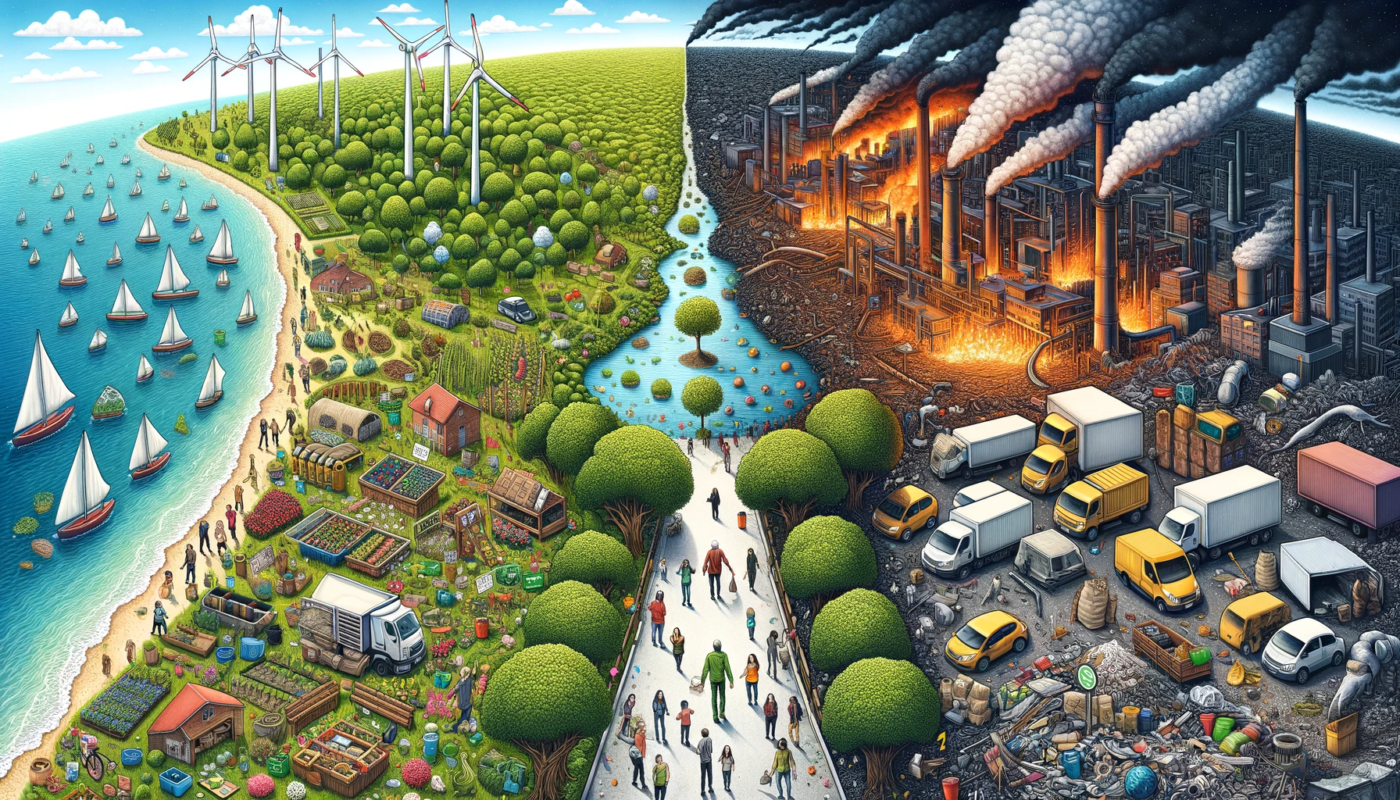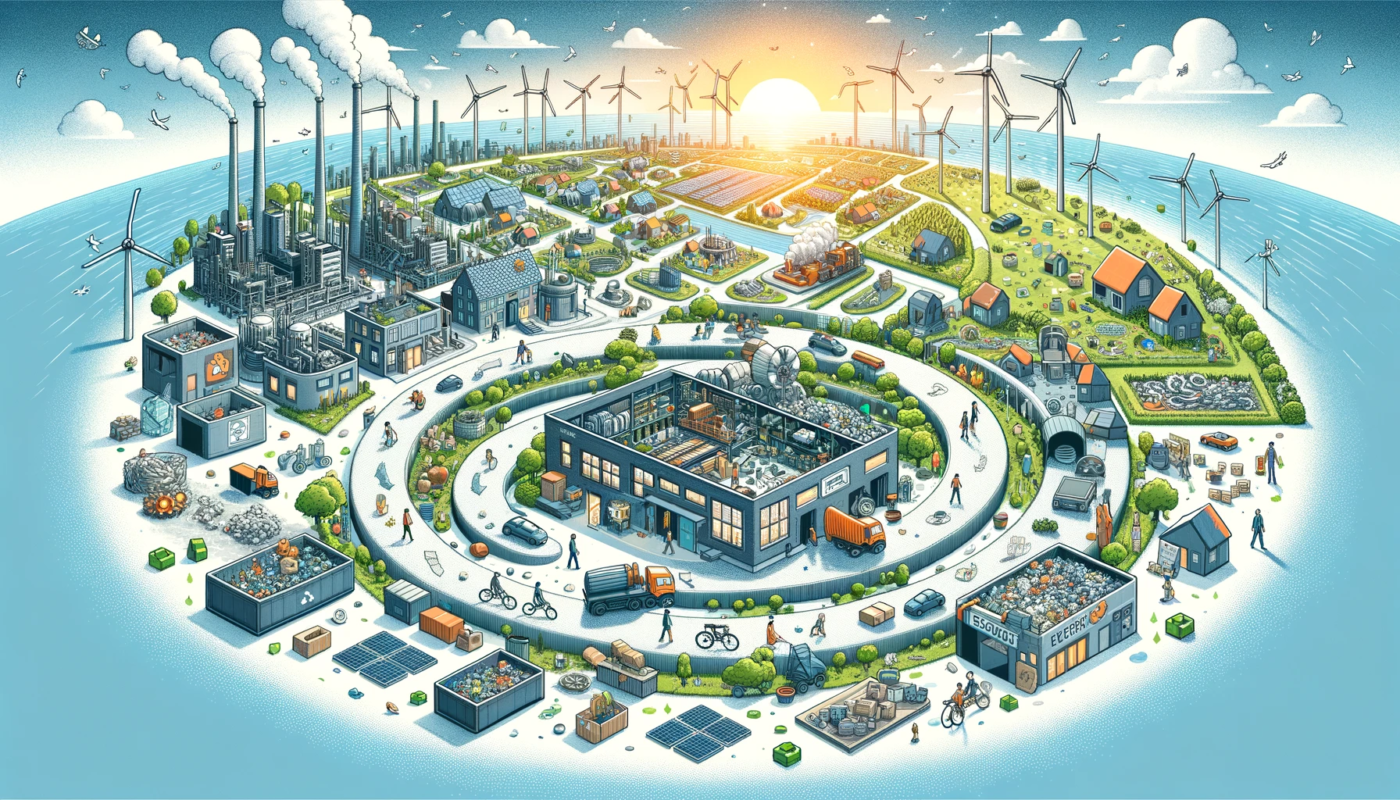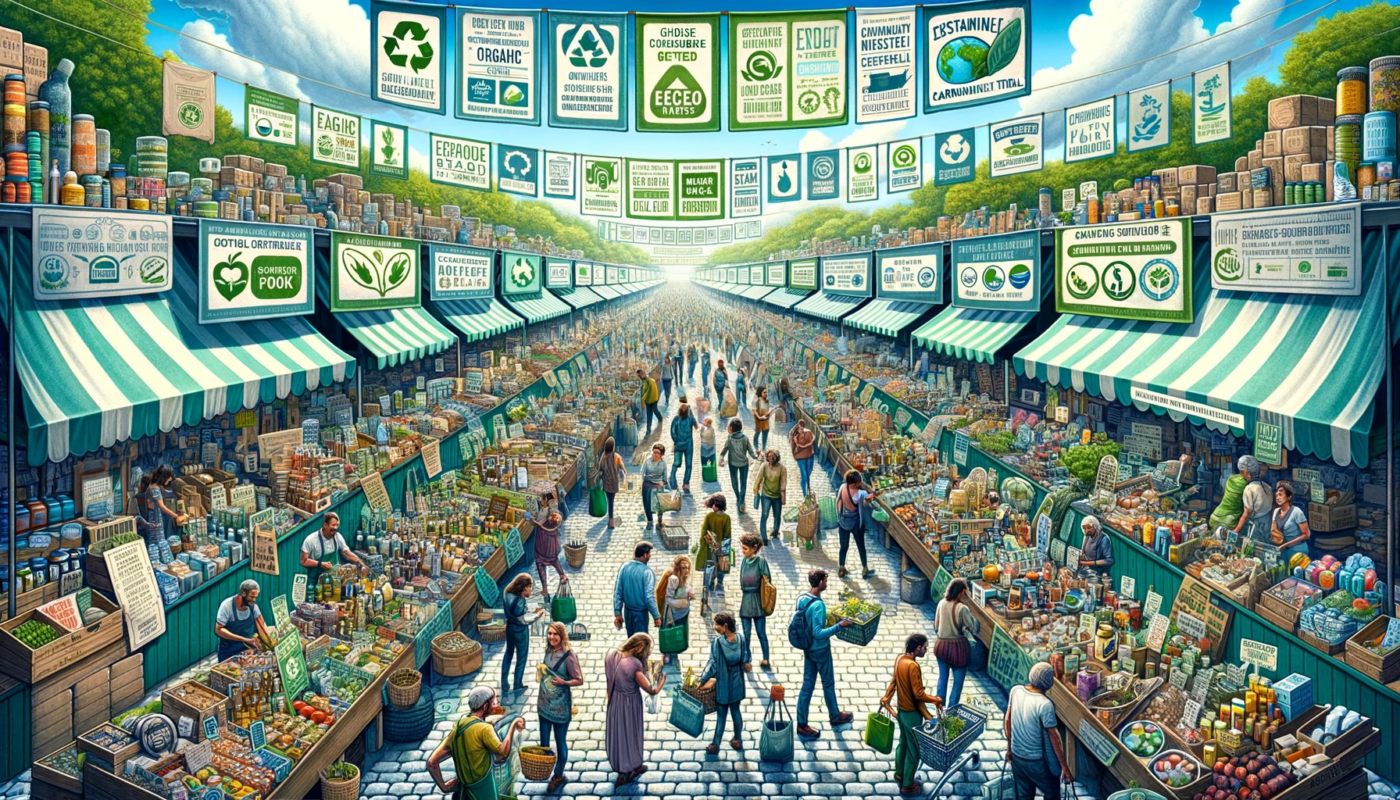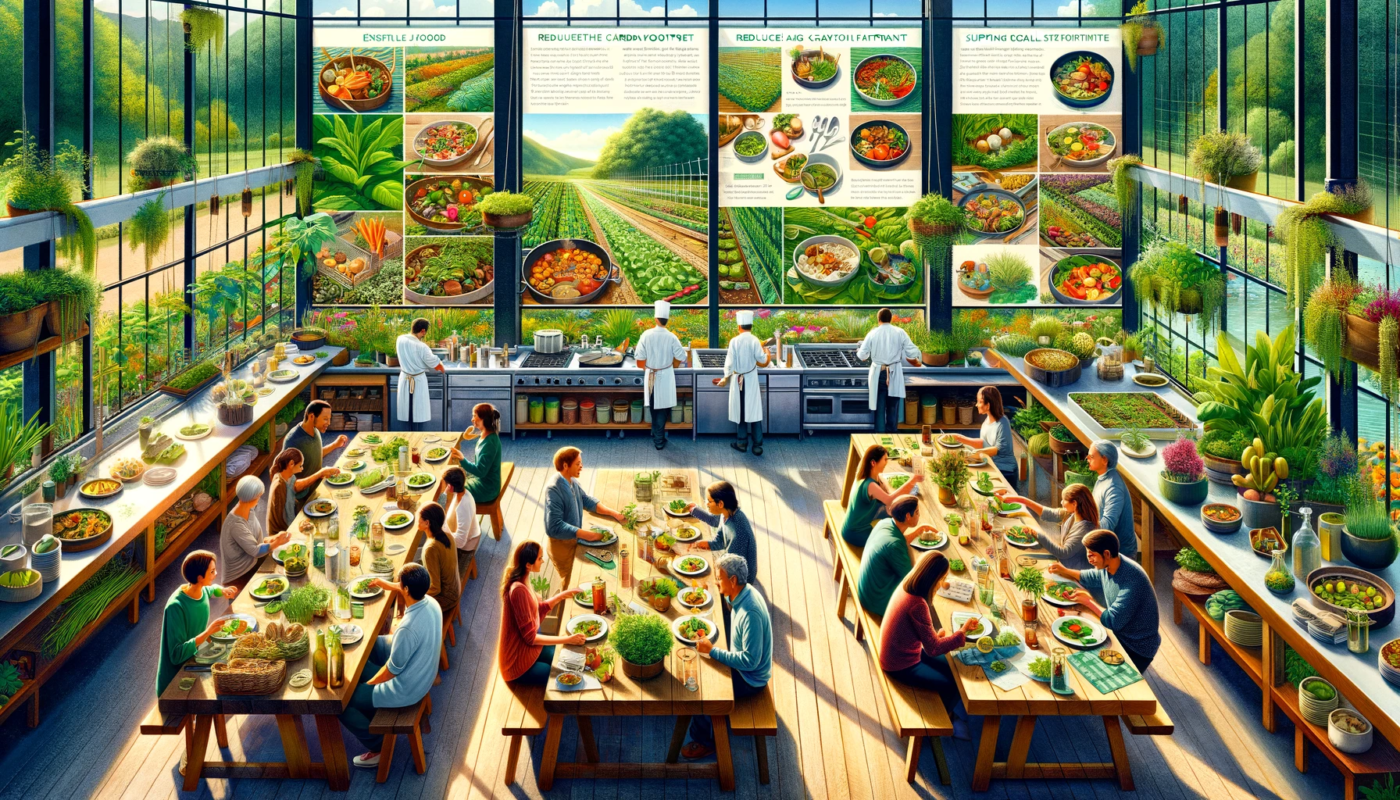Key concepts
Responsible consumption and production are key to ensuring that our planet can sustainably support the needs of present and future generations. The concepts of waste reduction, sustainable production, and sustainable consumption are essential in achieving SDG 12.
Waste reduction involves minimizing the amount of waste generated and maximizing resource efficiency. It is about doing more with less, using resources wisely and reducing the impact of consumption on the environment. This can be achieved through practices such as recycling, upcycling, composting, and using reusable items.
Sustainable production involves ensuring that goods and services are produced in a way that minimizes negative environmental impacts and promotes social responsibility. This includes using renewable resources, reducing carbon emissions, and ensuring that workers are treated fairly.
Sustainable consumption, on the other hand, involves making informed choices about what we buy and how we use it. It means purchasing products that have a lower environmental impact, and using resources wisely to reduce our carbon footprint. For example, we can choose to buy products made from sustainable materials, reduce our energy use, and choose public transportation or carpooling instead of driving alone.
Circular economy is an economic system that aims to keep resources in use for as long as possible, extracting the maximum value from them and minimizing waste. It involves designing out waste and pollution, keeping products and materials in use, and regenerating natural systems. The concept is based on three principles: reduce, reuse, and recycle.
To achieve responsible consumption and production, it is important to work together as a global community. Governments, businesses, civil society organizations, and individuals all have a role to play in promoting sustainable practices. Many organizations around the world have already taken action to promote responsible consumption and production. For example, some companies have implemented circular economy models, in which resources are kept in use for as long as possible, and waste is minimized. Other initiatives include promoting sustainable agriculture practices, reducing food waste, and increasing the use of renewable energy sources.







